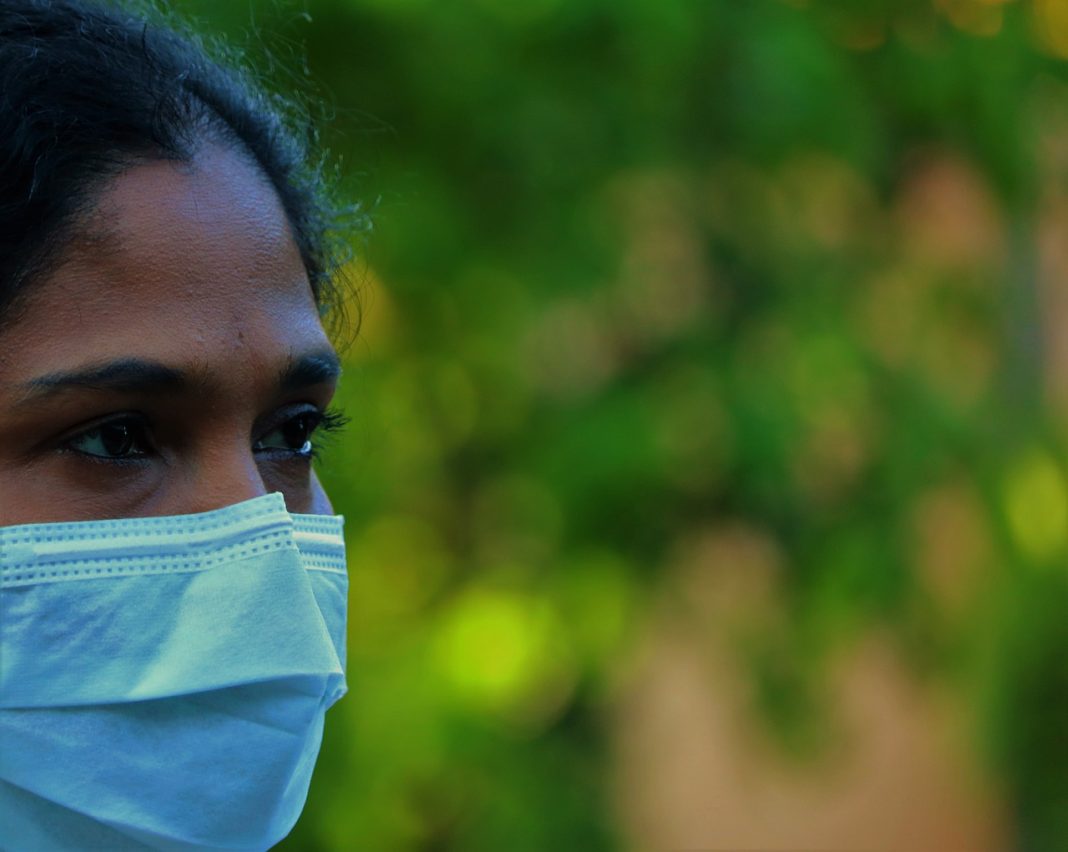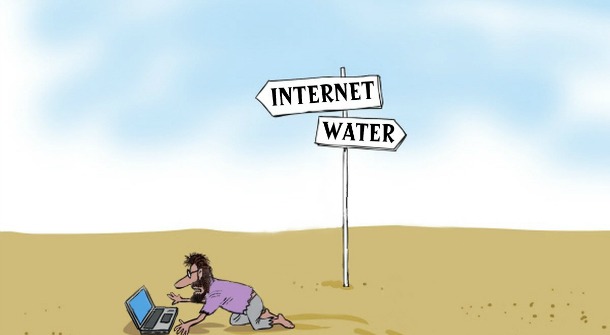We are finding ourselves amid extremely challenging times as the pandemic seems to be taking a toll not only on our economies and healthcare infrastructures but also on the ways in which we address questions of personal hygiene and dignity.
One of the most major difficulties that menstruating women across the world are facing is related to the shortage and unavailability of pads and tampons, a sharp rise in the prices of such products and an overarching lack of information on menstrual hygiene management. All these factors are collectively making it extremely difficult for millions of girls and women around the world to manage their periods amid the pandemic.
A recent study conducted by Plan International across 30 countries around the world brought forward some shocking truths about the hardships and difficulties that young girls and women are facing as far as access to menstrual hygiene is concerned.
From Kenya to Nepal and from Ireland to Cambodia, the pandemic and the associated lockdowns have generated major problems for women who menstruate. With an international inflation of products in general, and that of pads and tampons in particular, it has become extremely difficult for women to access such products especially in low to middle income countries, where massive employment and joblessness have rendered populations more helpless that ever before.
In many societies, the taboo and stigma attached to periods and a general negligence of women’s health have made women’s access to such products even more difficult, as these are the least among the family’s priorities.
In some cases, the stigma and shame that is associated with menstruation has amplified to such an extent that women are being left with no other option but to resort to unsafe alternatives and are being confined to their homes. This is denying them the chance to afford their own privacy and thereby is denying them a dignified period.
It is obvious that when it becomes impossible to get hold of sanitary pads/products, people are compelled to resort to the use of unhygienic alternatives that can increase their risk of reproductive and urinary tract infections.
While it would be wrong to say that these issues are new to the pandemic, the pandemic has certainly made women and girls more vulnerable to issues associated with menstrual hygiene. Here are the major challenges that girls and women around the world are facing amid the pandemic as far as access to menstrual hygiene is concerned.
Massive Shortage of Products Necessary for a Dignified Period
One of the major challenges that is being faced by girls and women of the menstruating age around the world is related to product shortage and the disruption of supply chains.
Moreover, with the lockdown in place, local manufacturing units that made period supplies are finding it hard to manufacture, disseminate and deliver goods to costumers as supply networks are severely disturbed particularly in remote areas.
“I have been making use of cloth torn out from my mother’s worn-out sarees for the last three months, with my father’s job at the brick-kiln becoming uncertain, we hardly have enough money to eat two square meals a day. How can I buy pads?”
– Namrita Yadav/16-years/Uttar Pradesh
This naturally means that with a scarcity of products, the prices have also risen significantly as supply chains are disrupted and panic buying has led to unavailability for those who cannot bulk purchase.
The lack of access to products related to sanitary hygiene is a major concern because it exposes menstruating women to a wide range of health risks. While it is true that products have become more expensive during the pandemic, in some cases, the prices have been opportunistically inflated to meet demand.
If we were to look at the broader picture, the pandemic has had adverse consequences on people’s livelihoods and household incomes have been drastically reduced in the last couple of months. People have lesser amounts of money that they can or are willing to spend on sanitary products than they would have under normal circumstances, even when products may be available.
“For generations, we have been using cloth during periods and we continue with this practice even now. With pads, we face difficulties of disposal but cloths are just to be washed and sun-dried, its more convenient. I have trained by daughters to do that too, but they feel embarrassed about the practice.”
– Nirmala Prajapati/38 years/Chhattisgarh
Dignity in Menstruation Must Top Government-Civil Society Priority
It is extremely important for governmental and civil society organisations to come together to ensure that even amid the pandemic, girls and women of the menstruating age are not denied dignity and their physical wellbeing is not comprised with. It wouldn’t be wrong to say that women’s access to sanitary products has sharply declined amid the pandemic and the lack of access to such products makes them extremely vulnerable to infections and complex reproductive and urinary tract complications.
Moreover, the lack of access to clean water to wash, access to toilets with doors for privacy and difficulties associated with disposing used pads /tampons are only some of the challenges that millions of women and girls are facing amid the pandemic
“My mother and the other women in the family don’t use any kind of sanitary product and bleed freely. They wear two underskirts and keep cleaning themselves frequently. I suffered from a major infection when I was in my teens, so now I depend on cotton cloths for my daughters. Pads cost too much, how can people of our financial background afford so much each month?”
-Dipika Singh/52 Years/ Bikaner
All these factors are making it extremely difficult for women in low/middle income countries to manage their periods with dignity.
It is high time that local governments and a host of health care agencies and grassroots organisations come together to enable girls, women and people who menstruate to manage their periods with dignity and safety. It is important for the world community to acknowledge and realise the it is extremely important for the COVID-19 response to include a robust and planned method to include menstrual health and hygiene into its response plan.
And while lockdowns continue, it should all be made part of our remote learning curriculums. Moreover, it is also important to spare a thought about the extent of hardships and difficulties that women with disabilities, women from extremely marginalised communities, women refugees may be going through in the absence of menstrual health and hygiene products.
It is high time, governments across the world prioritise and build-in menstrual hygiene and health as part of their response to the pandemic.











